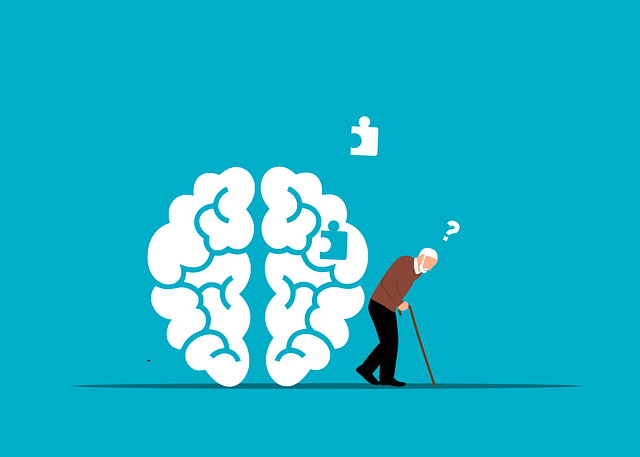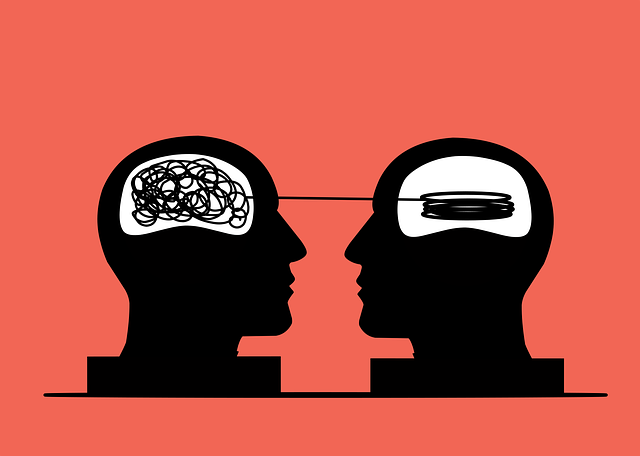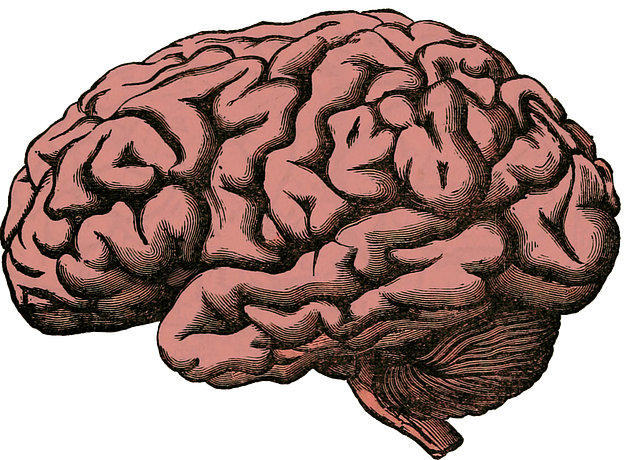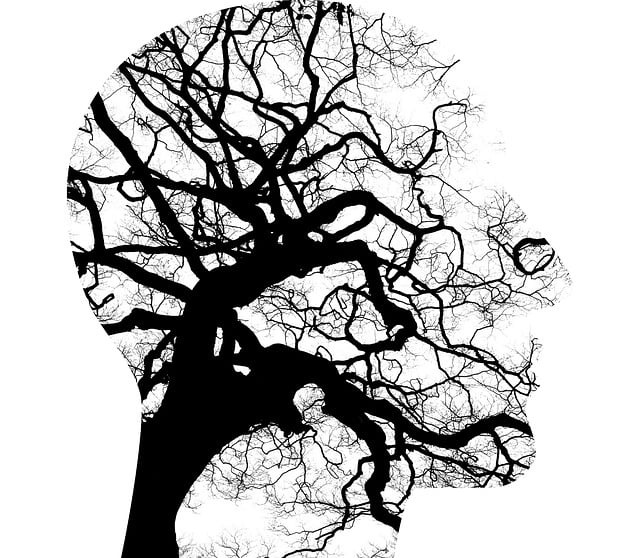Aurora Oppositional Defiance Disorder (AODD) is a complex behavioral disorder requiring specialized therapy for effective management. Treating AODD involves accessible services, trauma-informed care, and tailored interventions. Mental health professionals utilize evidence-based strategies like CBT and motivational interviewing, conduct risk assessments, and educate clients and support networks. Aurora Oppositional Defiance Disorder Therapy combines empathy with cognitive-behavioral techniques to challenge negative thoughts and behaviors while fostering healthier interactions and managing risks in therapy.
In today’s complex social landscape, trauma support services are more crucial than ever. This article explores the intricate relationship between Aurora Oppositional Defiance Disorder (AODD) and trauma, offering a comprehensive guide on establishing effective support frameworks. We delve into strategies for delivering empathic and evidence-based AODD therapy, emphasizing the importance of understanding the disorder’s impact. By navigating these aspects, we aim to enhance access to quality care, promoting healing and resilience among individuals affected by AODD.
- Understanding Aurora Oppositional Defiance Disorder (AODD) and its Impact
- Building an Effective Trauma Support Service Framework
- Strategies for Providing Empathic and Evidence-Based AODD Therapy
Understanding Aurora Oppositional Defiance Disorder (AODD) and its Impact

Aurora Oppositional Defiance Disorder (AODD) is a complex behavioral disorder characterized by persistent patterns of opposition and defiance that can significantly impact an individual’s daily functioning and overall mental wellness. This condition often presents during childhood or adolescence, and if left untreated, may persist into adulthood. AODD is not merely about acting out; it involves a range of challenging behaviors such as frequent arguments with authority figures, active resistance to requests or rules, and anger issues.
Understanding AODD is crucial in providing effective support. Therapy plays a pivotal role in treating AODD by helping individuals develop healthier coping mechanisms and improve their ability to regulate emotions. Stress reduction methods, tailored to the individual’s needs, can be employed alongside mental wellness coaching programs that focus on building self-esteem and problem-solving skills. Cultural sensitivity in mental healthcare practice is essential, ensuring that treatment approaches are inclusive and respectful of diverse backgrounds.
Building an Effective Trauma Support Service Framework

Creating a robust trauma support service framework requires a multifaceted approach that caters to the complex needs of individuals affected by traumatic experiences. The foundation lies in ensuring accessibility and availability, with services designed to reach those who may be reluctant to seek help due to stigma or fear. One effective strategy is integrating Aurora Oppositional Defiance Disorder (AOD) therapy within these frameworks. AOD therapy offers specialized care for individuals struggling with oppositional and defiant behaviors often associated with trauma, providing a safe space for expression and recovery.
Additionally, incorporating crisis intervention guidance and self-care practices as cornerstones of the framework empowers clients to manage their trauma responses proactively. Compassion cultivation practices further enrich the support system by fostering an environment of understanding and empathy, enabling individuals to heal at their own pace. Tailoring these services to meet diverse cultural and individual needs is essential for a comprehensive approach that resonates with every client seeking trauma support.
Strategies for Providing Empathic and Evidence-Based AODD Therapy

Providing empathic and effective treatment for Aurora Oppositional Defiance Disorder (AODD) requires a nuanced approach that combines empathy with evidence-based strategies. Mental health professionals play a crucial role in assessing and managing AODD, starting with an thorough risk assessment to understand the individual’s unique challenges and triggers. This initial step is vital for tailoring interventions and ensuring safety throughout therapy.
Effective AODD therapy integrates various evidence-based techniques, such as cognitive-behavioral therapy (CBT) and motivational interviewing. CBT helps individuals identify and challenge negative thought patterns and behaviors associated with AODD. Motivational interviewing enhances motivation to change by exploring the individual’s values and goals. Additionally, mental health education programs designed specifically for AODD can empower both clients and their support networks with strategies to manage symptoms and promote healthier interactions. Risk management planning is also essential, involving the development of personalized strategies to mitigate potential risks and ensure a safe therapeutic environment.
In conclusion, addressing Aurora Oppositional Defiance Disorder (AODD) requires a comprehensive approach. By implementing an effective trauma support service framework and adopting evidence-based strategies, we can provide compassionate care for individuals struggling with AODD. Emphasizing empathy and specialized therapy, as discussed in this article, is key to fostering healing and positive outcomes. Enhancing access to these services is vital to support those impacted by trauma and mental health challenges, ultimately revolutionizing their journey towards resilience and well-being.














